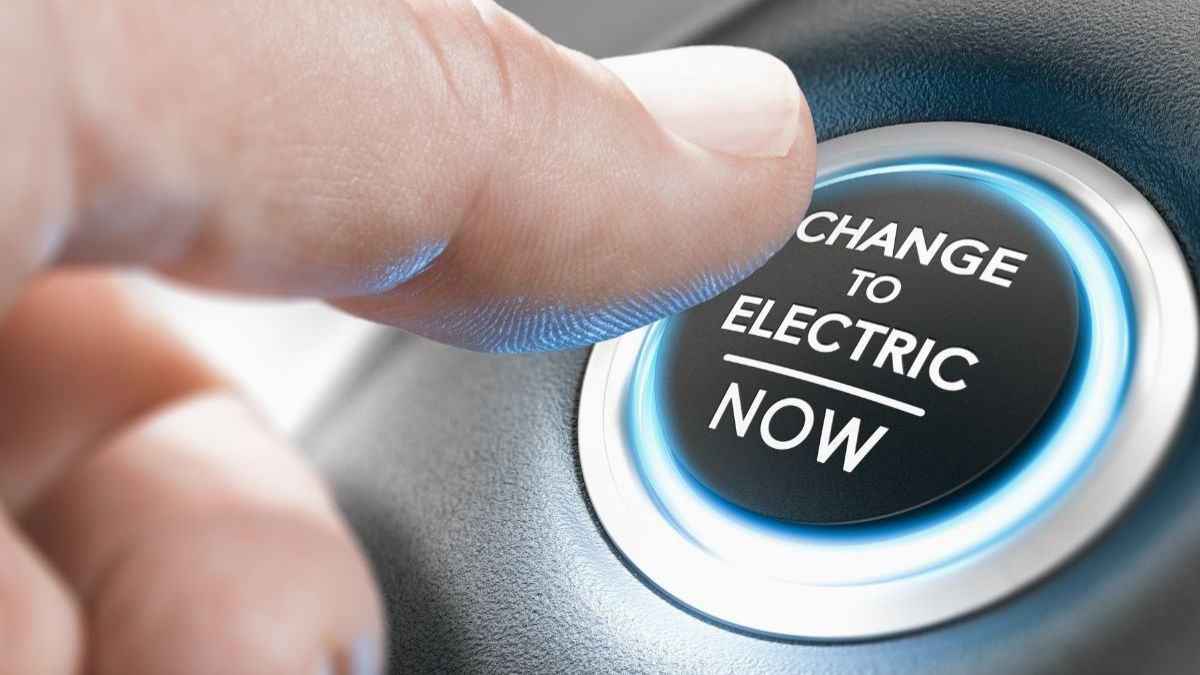Electric Vehicle Incentives Pakistan 2025 are reshaping the country’s automotive future under the National Electric Vehicle (NEV) Policy 2025–30. The government’s goal is to boost electric vehicle adoption by providing significant subsidies, tax relief, and infrastructure development to encourage consumers and support local manufacturers.
Key Subsidies for Electric Vehicles in Pakistan
The NEV Policy has introduced a Rs 9 billion subsidy package for fiscal year 2025–26. This subsidy aims to support:
- 116,053 electric motorcycles
- 3,171 electric rickshaws
- 25% subsidy allocation for women buyers
Additionally, buyers of electric cars will receive a subsidy of Rs 15,000 per kWh of battery capacity, reducing upfront costs and making EVs more affordable for Pakistani consumers.
Tax Exemptions and Incentives for EV Buyers
The policy offers comprehensive tax exemptions to promote electric vehicle purchases:
- 1% sales tax on locally manufactured EVs.
- Exemption from customs duties and sales tax on EV parts and kits.
- No federal excise duty (FED) and no vehicle registration charges on electric vehicles.
These measures significantly lower the cost of buying and owning an electric vehicle in Pakistan, promoting greener transportation alternatives.
EV Charging Infrastructure Development in Pakistan
To address range anxiety and ensure convenience for EV owners, the policy outlines an aggressive infrastructure expansion plan:
- Installation of 40 EV charging stations along major motorways, spaced every 105 kilometers.
- Deployment of battery swapping stations for two- and three-wheelers.
- Introduction of Vehicle-to-Grid (V2G) systems allowing EVs to contribute energy back to the grid.
- Mandatory charging points in new commercial and residential buildings.
Moreover, the electricity tariff for EV charging has been reduced by 45%, making EV ownership even more economical.
READ MORE: Omoda E5 Electric SUV Launches with Smart Tech and Long-Range Specs
Promoting Local EV Manufacturing in Pakistan
With over 90% of electric bike and rickshaw components already manufactured locally, the policy emphasizes support for domestic production. Major international automakers, including BYD, are setting up assembly plants in Pakistan, with production expected to begin by mid-2026.
Locally produced EVs are projected to be 30–40% cheaper than imported models, boosting local industry and job creation while ensuring affordability for consumers.
Strategic Goals of the NEV Policy 2025–30
The NEV Policy sets ambitious targets to accelerate EV adoption:
- Achieve 30% EV share in new vehicle sales by 2030.
- Reach 90% EV adoption by 2040.
- Save approximately Rs 800 billion in fuel imports and energy costs over the next 25 years.
These objectives not only aim to reduce environmental pollution but also support economic growth and technological advancement within Pakistan.
Challenges and Policy Gaps
While the NEV Policy is comprehensive, certain challenges need to be addressed:
- Tax incentives currently favor fully imported EVs over locally assembled vehicles, which could discourage domestic manufacturing.
- Lack of clarity on used EV imports could allow misuse of subsidies, potentially impacting the local industry.
For the policy to succeed, continuous monitoring and regulatory adjustments will be crucial to ensure transparent implementation and long-term sustainability.
Conclusion
Electric Vehicle Incentives Pakistan 2025 under the NEV Policy represent a significant step towards a greener, more sustainable automotive future. With targeted subsidies, tax exemptions, and infrastructure development, Pakistan is poised to become a key player in the regional EV market. However, successful execution and policy enforcement will be critical in realizing the full potential of this transformative initiative.









